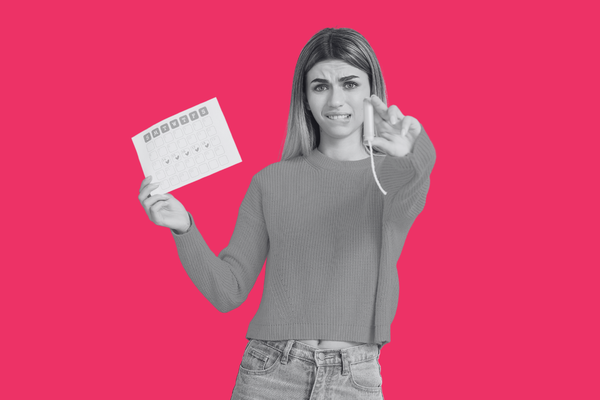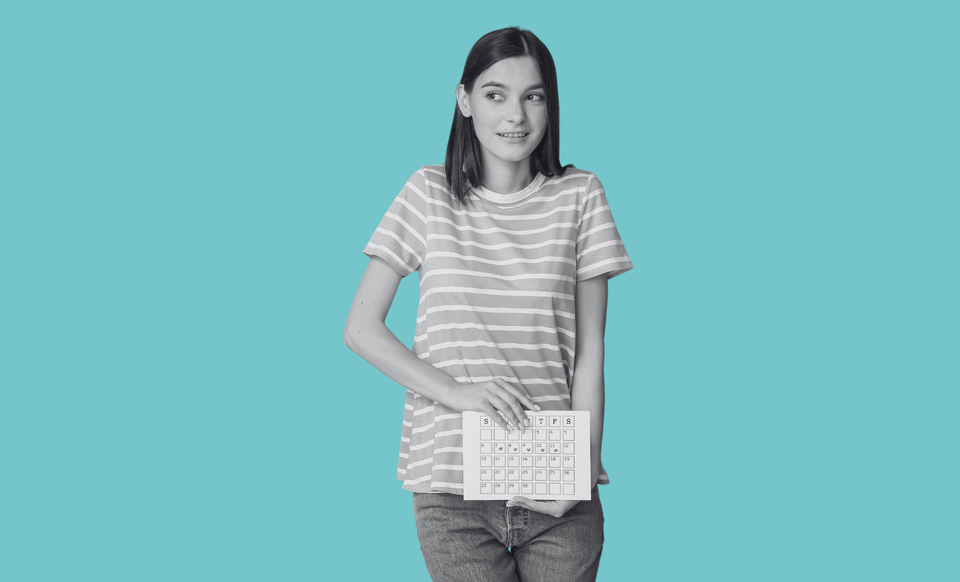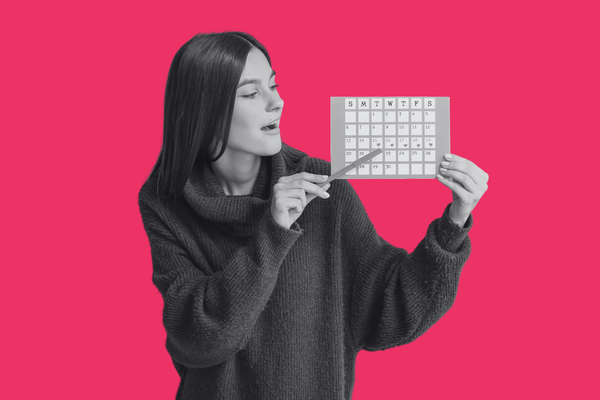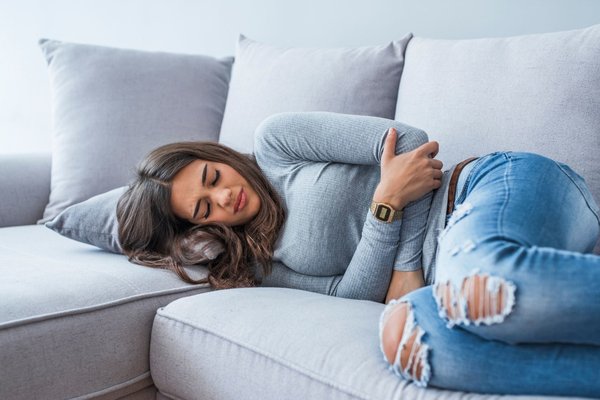
Top tips for managing periods as a teenager
You might be nervous about getting your first period, or you might have had periods for a while but are finding them difficult. You’re not alone.

Starting your periods and puberty are times of big change and can feel worrying. It can be confusing with all the information available. Differing advice online can leave you unsure and stressed out. And the people close to you that you want to talk to about your periods might have further information still!
Don’t worry, we’ve got the lowdown on how to feel supported while sorting fact from fiction. That way, you can be confident in knowing exactly what to expect with your period and where to go for help.
You’ll probably want to talk to someone in your family about any worries you might have. Talking to an adult you’re comfortable with can be really helpful. Just sharing your experiences will help make you feel less alone.
Remember though that even a trusted parent or older sibling can sometimes get information wrong. This is not because they mean any harm but because there is a lot of misinformation out there and lots of myths about periods. Get support from people who you trust to care for you, but perhaps you could check facts and information together to see if they are right and up to date.
It’s usual to think of turning to mums and older sisters for support, just because they’re likely to have experience of periods themselves. But you may not have a mum or siblings, or a relationship with them that means you can have these conversations. The person you turn to first and feel most comfortable talking to could be anyone. That includes your dad, carer or a close friend’s parent. Again though, remember that they may not know it all!
If you do not feel you can turn to someone in your family for support, there are other adults who will want to help you.
School nurses, teachers, community leaders and care workers are often experienced in talking to young people about worries like periods. So, if there’s someone you trust at school or in your community, do not be afraid to ask them for help. They can give you much needed guidance, especially if you’re finding your periods are affecting your school work or other activities.
You can check their facts using the websites and guidance below, just in case. Information about things like periods can change over time.
NHS websites are there to provide accurate and reliable health information. You can trust the content you get from these sites and use it to check any advice you’ve been given.
There is an NHS site for each country in the UK. This is only because medical appointments and treatment might be carried out slightly differently. The basic information about health worries is the same.
Many other sites, including Wellbeing of Women and Brook, offer fact-checked health information. But, with so much fake news out there, how can you tell which sites to trust? The following may help.
The Teen Fact Checking Network has more advice on making sure content is correct.
YouTube’s Health Shelf helps people access videos that have the right health information. It shows videos from fact-checked health websites whenever you search for a health topic.
We work closely with medical experts who share trusted information and education, you can find them on YouTube and Instagram, Dr Aziza Sesay, Dr Philippa Kaye and Dr Nighat Arif.
There are some period problems or worries that are so big that you need medical support. If you’re concerned that something is wrong with your cycle, or you’re finding your periods difficult, do not be afraid to get help.
You can go on your own to a medical appointment if you’re over 16. You can also go if you’re younger and the medical professional thinks you are mature enough to make your own decisions. Otherwise you may have to ask a parent or carer to go to an appointment with you. This might not be a bad thing as your parent or carer can help you too.
You might see your doctor or the nurse at your doctor’s surgery. You can also go to a sexual health clinic if there’s one near you. Whoever you see can check you over and give you advice and treatment, if needed. They can also give you more information about your periods and give you support and reassurance.
Finally, remember the power of friendships – but be careful with the advice you’re given. Friends who have already started their periods can be good listeners and give you insider info. While your friends can be great support, don’t forget to cross-check information with trusted websites and healthcare professionals.
Having so much information can be overwhelming but the right advice and support is out there. Follow our guidelines to get the support and love you deserve while keeping your facts straight.

You might be nervous about getting your first period, or you might have had periods for a while but are finding them difficult. You’re not alone.

Your menstrual cycle is the time from the first day of one period to the day before your next period.

Adenomyosis is when the lining of the womb grows into the muscle wall. It can cause heavy, painful or irregular periods.